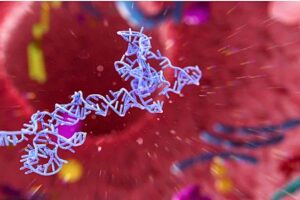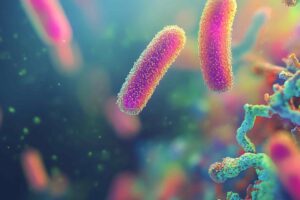Gastroenterology
Gastroenterology, Pediatrics
The findings suggest that the composition of the gut microbiota in early life is not a key factor in obesity risk.
Gastroenterology, Video
Professor Maria Rescigno explores the critical role of the gut microbiota in maintaining intestinal barrier integrity and its implications for health.
Gastroenterology, Pediatrics
The findings highlight the importance of maintaining a healthy microbiota after EEN and suggest that personalized dietary approaches can help induce remission for children with Crohn’s disease.
Gastroenterology, Events
Konstantinos Paraskevopoulos (European Food Security Autority, EFSA) underscores the importance of microbiome data in assessing the safety of food and feed products across the agri-food chain.
Gastroenterology, Scientific research
Researchers have identified a new class of virus-like agents known as "obelisks" in oral and stool samples from hundred of people.
Gastroenterology, Events
Heather Armstrong, from University of Manitoba and University of Alberta (Canada), explores the intricate role of dietary fibers in maintaining gut health, focusing on the microbiome’s ability to process these…
Gastroenterology, Scientific research
The study identified a core microbiota signature that may serve as a health indicator and a therapeutic target.
Gastroenterology, Pediatrics
The results also indicate that the hospital environment influences the gut bacteria of preterm infants, highligting the importance of managing antibiotics and medications to support a healthy gut development.
Gastroenterology, Industry
Three-year collaboration to pioneer new insights in microbial sciences and health applications.
Gastroenterology, Events
The interview with Björn O. Schröder from Umeå University explores groundbreaking research on the gut mucus layer, which shields intestinal tissues from bacterial invasion and inflammation.











